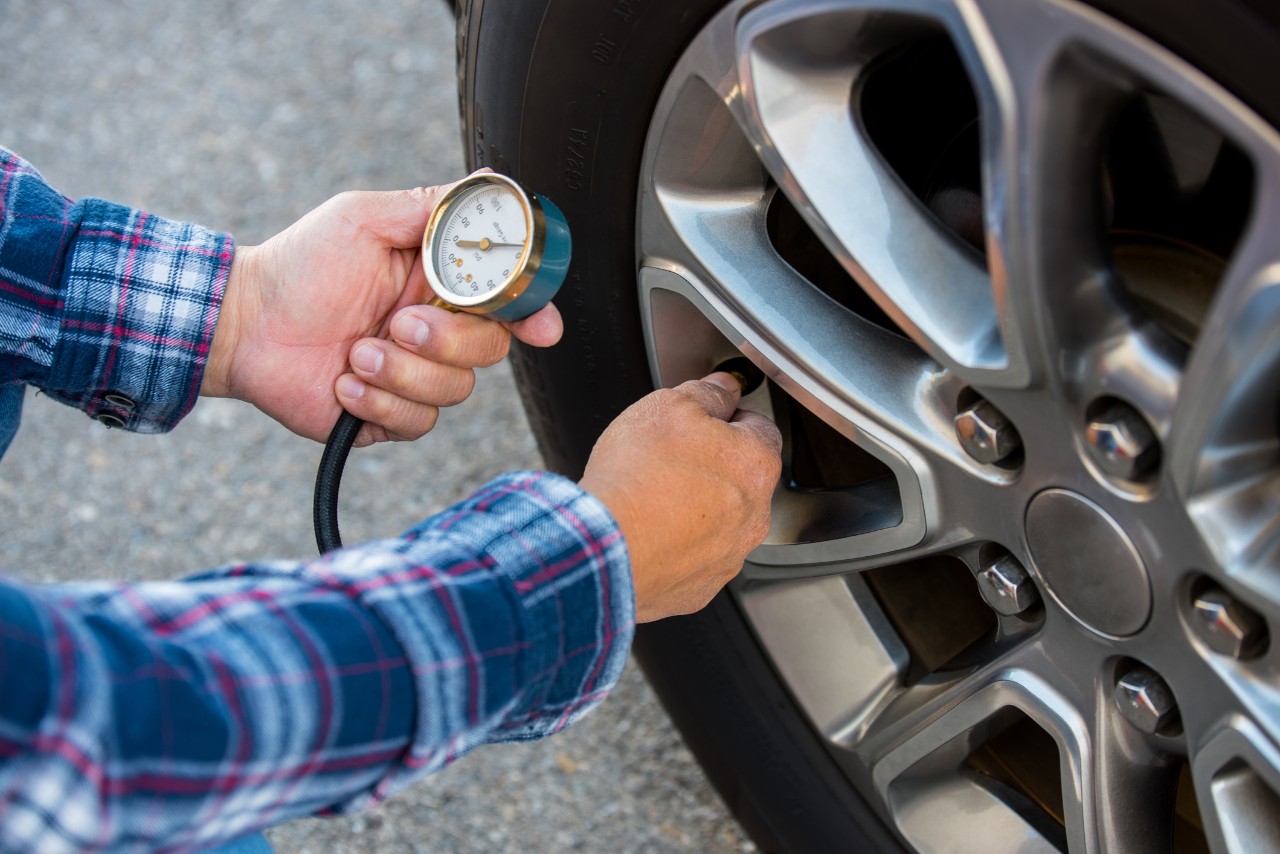Claims are refused in the travel insurance sector based on the conditions of the agreement specified in the insurance plan paperwork. A claim denial might be disheartening for a traveler hoping to get their money back, but here's something you might not know: only because one's claim was denied doesn't mean that's the end of the story.
A claim may be initially refused for various reasons, including clerical errors, miscommunications, and so on. When a travel insurance claim is denied, the traveler can accept the loss or pursue an appeal. For every professional travel insurance carrier, the appeals procedure is necessary for the claims management process. When a traveler wants the insurance provider to re-examine a claim, it's critical to move swiftly and convey your genuine grounds for filing an appeal.
.png)
.jpeg)















